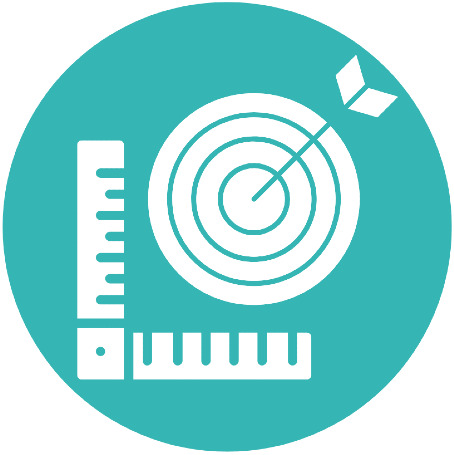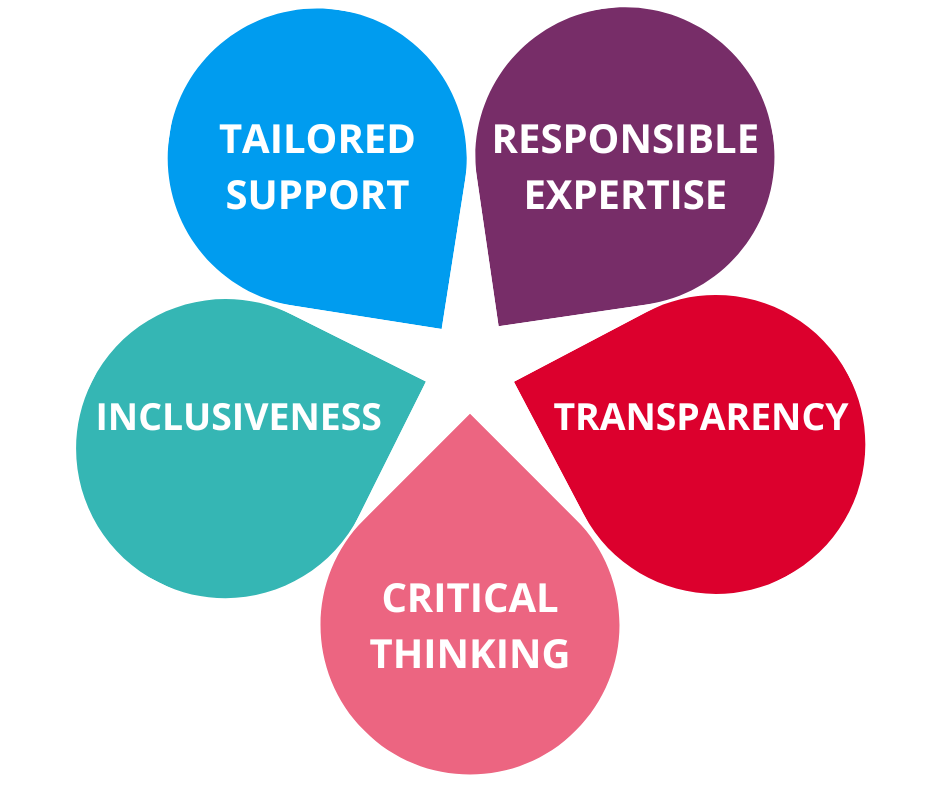Measure Your Impact

Why measure impact?
When used meaningfully and observed in context, measuring your research's impact can help you make better informed decisions, shed light on the overall reputation of the work of your group or institution, support efforts to obtain funding, collaboration partners or talent, help the research community demonstrate research excellence and much more.
Information is the resolution of uncertainty.


Measuring academic impact with bibliometrics from SciVal
Bibliometrics
Bibliometrics is the quantitative analysis of scientific output, scientific impact, or scientific collaboration. Information on these is provided through quantitative bibliometric indicators.
Bibliometrics analysis is used in research performance evaluation by a wide range of end-users – such as PhD candidates, researchers, research directors and administrators, as well as university policymakers – to build research profiles and identify important patterns and trends within their domains of interest.
Due to limitations associated with bibliometrics, these measures should always be used in conjunction with qualitative evidence such as peer review to ensure the most complete and accurate input in answering a question.
We can help you with creating research performance reports for the UG research community, for different levels of analysis. For help, please don’t hesitate to contact us at rise rug.nl.

SciVal
SciVal is an analytics tool offered by Elsevier that enables the visualization of research performance, benchmarking, analysis of collaborative partnerships and research trends. The data sources for Scival is Elsevier’s abstract and citation database of peer-reviewed literature called Scopus. While Scopus maintains that it is the largest such database, its coverage of certain disciplines is still limited.
Use your university credentials to log into SciVal. Don’t hesitate to contact us at rise rug.nl for support with access and use!
Measuring societal impact with alternative metrics from Altmetric
Alternative metrics
The shift towards open access, the rise of web based and networked research and acknowledgment of the importance of societal impact of research have in recent years led to the development of alternative metrics. By capturing mentions in social media, blogs, news, policy documents, as well as the number of downloads, online readers and bookmarks, alternative metrics --- altmetrics for short --- look beyond journal citations to give us more speedy and multifaceted feedback and a glimpse into how these impact broader audiences.
When used together with bibliometrics, altmetrics can provide a more holistic and broad picture of research and societal impact. This is not to say that it should be used without care – metrics in general, and in particular alternative metrics, should be transparent and reproducible in order to be used in evaluations. To ensure this, RISe follows the altmetrics manifesto. If in doubt, please contact us at rise rug.nl.

Altmetric
Altmetric tracks a range of online news and social media sources to capture and report on the attention surrounding scholarly output outside of academia.
Use your university credentials to log into Altmetric. Don’t hesitate to contact us at rise rug.nl for support with access and use!
Using metrics and tools with prudence
We strive to conduct our research intelligence analyses as ethically as possible, following our five core values:
-
Tailored support: we tailor our analyses to the mission of the research units.
-
Responsible expertise: we ensure the responsible and expert utilization of metrics across all practices at the UG.
-
Transparency: we openly share research assessment data and analyses.
-
Critical thinking: we thoughtfully select metrics that best serve their intended purposes and acknowledge their strengths and limitations.
-
Inclusiveness: we recognize the diverse nature of research disciplines and the varying research practices within them.

The University of Groningen recognizes the importance of using bibliometrics and altmetrics responsibly and adheres to the principles propagated in the Leiden Manifesto. The increasing sophistication of our benchmark tools allows us to do in-house analyses and provide benchmarks that can be used in various activities pertaining to research impact assessment, including SEP evaluations. As a result, the Policy and Strategy department of the Office of the University of Groningen has called for the prudent use of benchmarking tools and produced a set of guidelines for responsible research assessment.
| Last modified: | 02 October 2024 4.22 p.m. |

